As World Breastfeeding Week was being marked this month, South Africa was still battling to increase the number of infants exclusively breastfed for at least the first six months.
Only 32 percent of South African children are exclusively breastfed for the first six months, making this one of the lowest in Africa. The continent’s average figure is 36 percent.
Only 32 percent of South African children are exclusively breastfed for the first six months, making this one of the lowest figures in Africa.
The global figure for infants that are breastfed at birth is 44 percent, and out of this number, up to 40 percent are exclusively breastfed for less than six months.
The United Nations has set a target to increase the global exclusive breastfeeding rate to 50 percent by 2025.
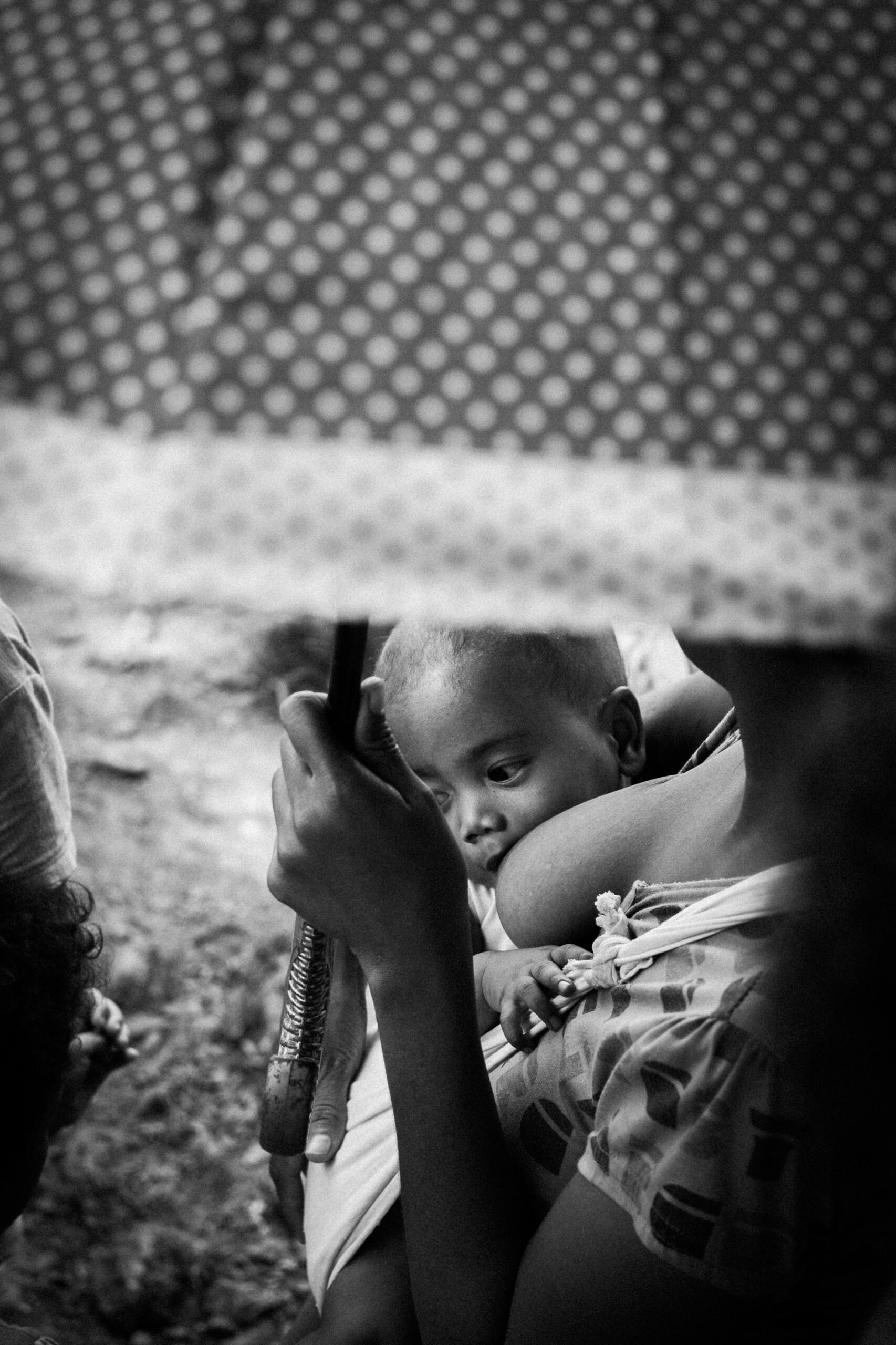
The World Health Organization (WHO) recommends exclusive breastfeeding for six months because breast milk is safe, clean, and has antibodies that help protect infants against childhood illnesses.
Breast milk also reduces the risk of infant mortality when initiated within the first hour after birth.
Breastfed children have a reduced risk of conditions like stunting, wasting, and childhood obesity which predispose them to diabetes and heart diseases.
When coupled with nutritious complementary foods after six months, the WHO states that breast milk provides children with energy and nutrients during illnesses.
Children who are breastfed have a reduced risk of malnutrition conditions like stunting, wasting, and childhood obesity which predisposes them to diabetes and heart disease.
Where are we getting it wrong?
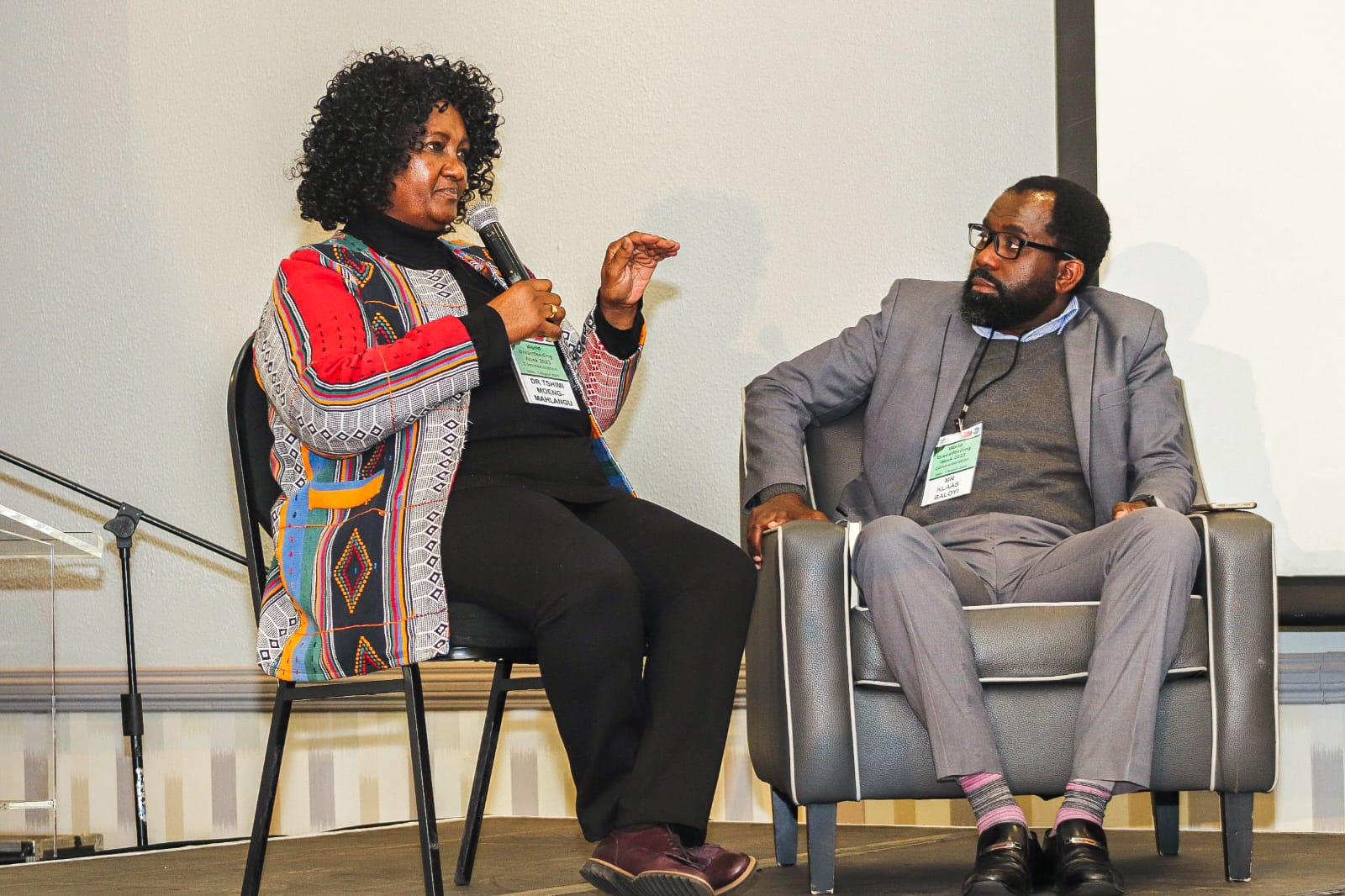
Dr Lynn Moeng-Mahlangu, the Chief Director of Health Promotion at the South African National Department of Health, said that the country needed new strategies to encourage mothers to exclusively breastfeed their infants from birth up to six months and continue breastfeeding for at least 12 months.
“Comprehensive maternity protection was previously viewed as a labor right, but a lot of research shows it is a public health intervention.”
Moeng-Mahlangu spoke in Johannesburg at an expert panel discussion on how creating an enabling environment would make a difference for working parents.
The event marked this year’s World Breastfeeding Week celebrations which started on August 1 and ended on August 7.
The theme for 2023 was the struggles of working mothers who face challenges that prevent them from breastfeeding.
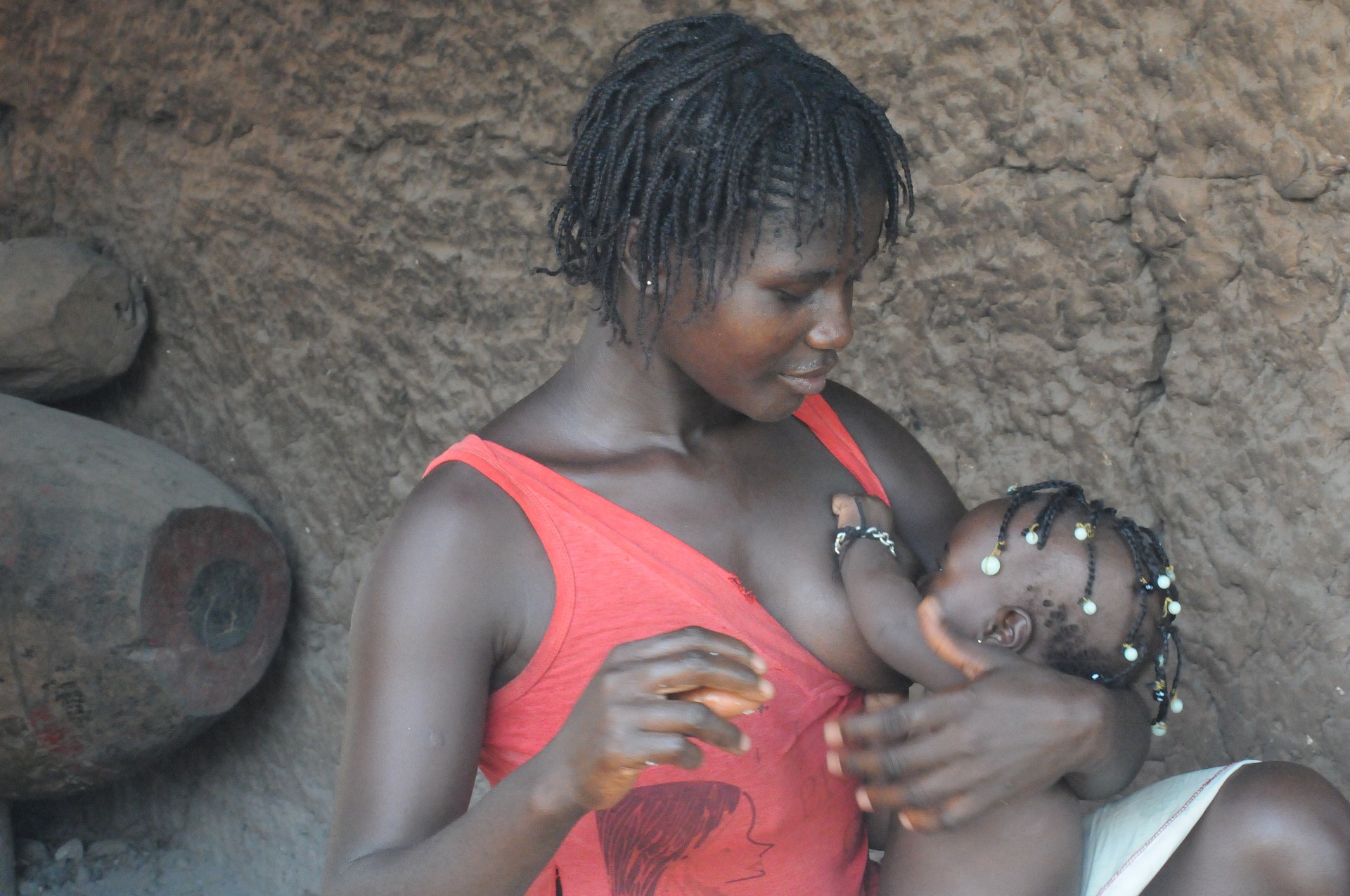
“It is amazing that after all these years, we still need to convince people that breastfeeding is important. What are we missing that makes families not choose what is best for their babies?” posed Moeng-Mahlangu.
Low breastfeeding rates were an indication that the government was not communicating critical messages despite having policies that promote and support exclusive breastfeeding.
She added that with up to 90 percent of women giving birth at health facilities, the low breastfeeding rates were an indication that the government was not communicating critical messages despite having policies that promote and support exclusive breastfeeding.
Workplaces are not conducive for breastfeeding women
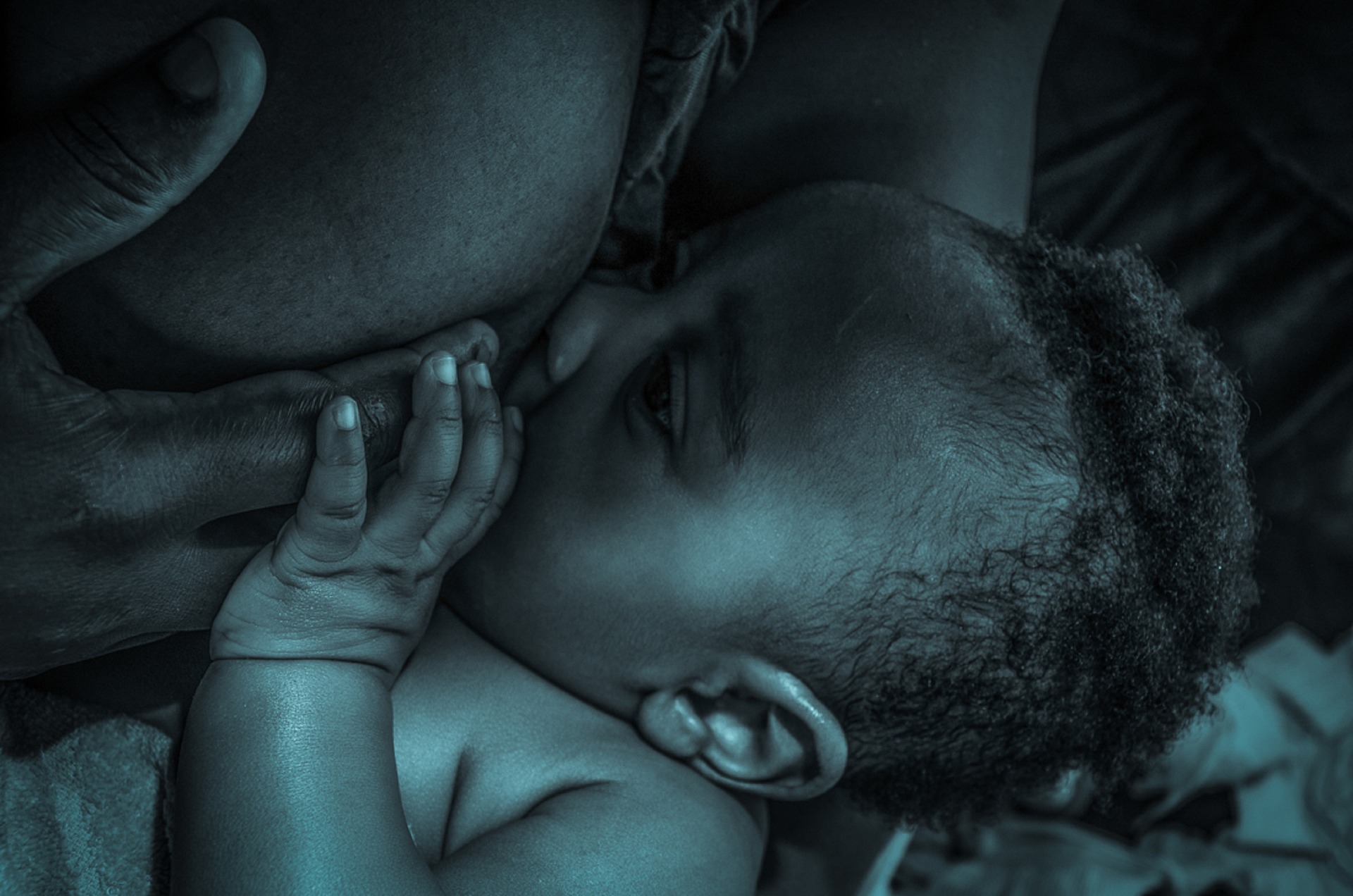
In South Africa, employed pregnant women are given four months of paid maternity leave as legislated in the Basic Conditions of Employment Act.
Still, suggestions have been made for extending the leave to six months to align with the WHO-recommended period for exclusive breastfeeding.
Other legislation includes the Labour Relations Act, which guarantees job security and employment protection, and the Unemployment Insurance Act, which mandates the social insurance scheme through the unemployment insurance fund.
Employed pregnant women get four months of paid maternity leave as legislated in the Basic Conditions of Employment Act.
Public health and nutrition specialist Dr Catherine Pereira-Kotze conducted a study that looked at the status of maternity protection laws and breastfeeding policy environment in South Africa and found that despite having at least 24 documents that spoke on maternity protection, these were fragmented, disorganized, and mandated to different departments, making it difficult to monitor compliance and enforcement.
“When I returned to work, I discovered that no resources were available for mothers to breastfeed or express breastmilk while away from their babies.”
She says the components of maternity protection include periodic maternity leave, cash, and medical benefits, health protection during pregnancy, around the time of birth, and breastfeeding, non-discrimination, job security, employment protection, breastfeeding breaks, and access to job-based support.
When women could not access these components resulted in reduced breastfeeding rates, lower immunization, higher infant mortality, lower productivity in the workplace, and high absenteeism.
“Comprehensive maternity protection was previously viewed as a labor right, but there has been a lot of research that shows it is a public health intervention because by contributing to decent work and basic minimum incomes for women, this can have far-reaching health and development benefits if all women are supported to breastfeed,” explained Pereira-Kotze.
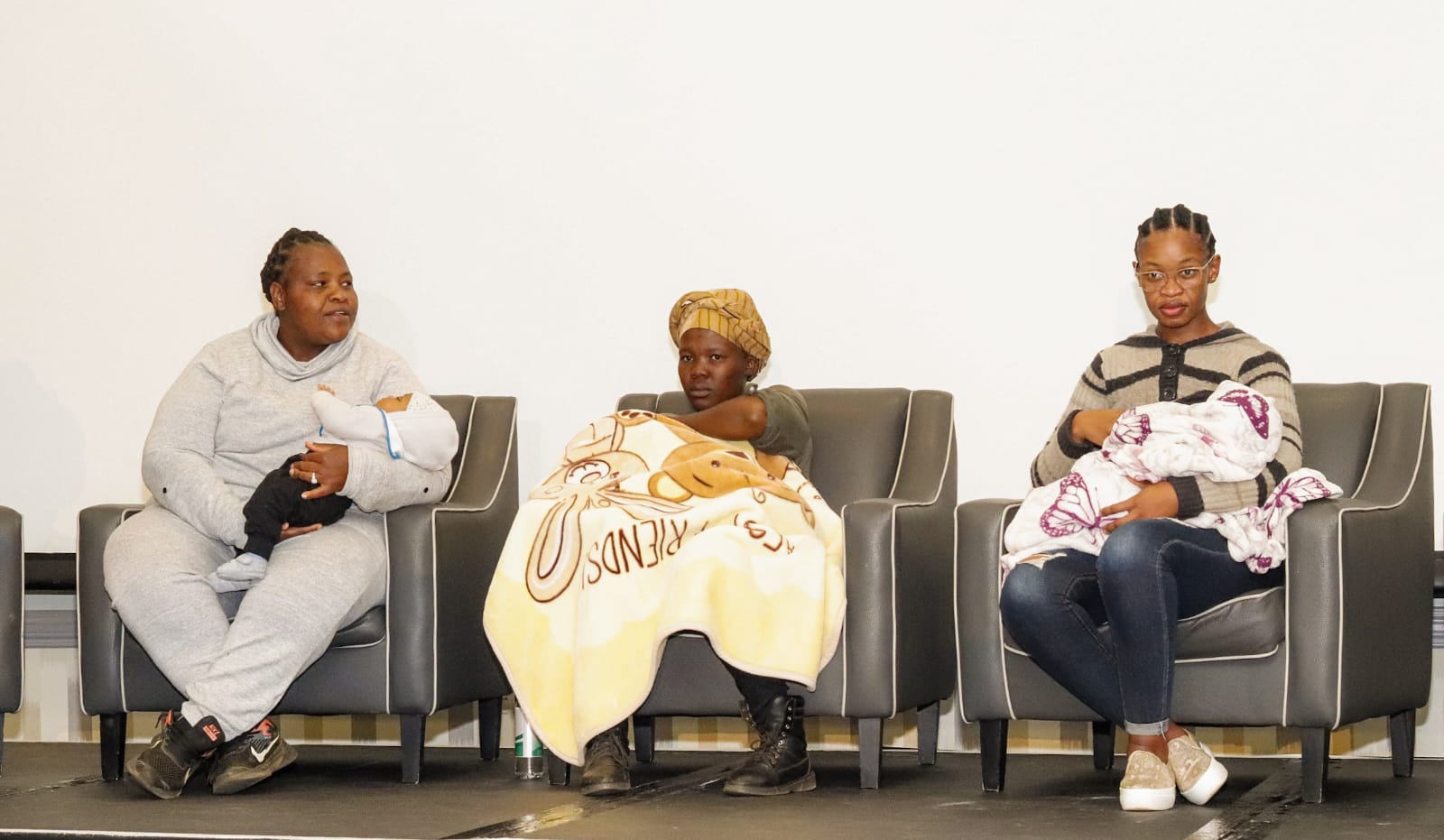
While women enjoyed some form of protection and job security during and after pregnancy; and during breastfeeding, women in non-standard employment or contract workers did not enjoy the same benefits of maternity protection.
This lack of protection prevented such women from taking maternity leave for the mandated four months or even initiating breastfeeding.
Paid maternity leave should be increased to six months, with women receiving 100 percent of their earnings during that period.
Some of Pereira-Kotze’s recommendations that can support and promote breastfeeding in all workplaces include having a single document with all maternity protection legislation and employers complying with the existing legislation to help increase breastfeeding numbers, especially exclusive breastfeeding in the first six months.
“We need maternity protection provisions to be documented in dedicated legislation. The National Department of Employment and Labour should actively improve knowledge and awareness on employees’ maternity protection rights and employers’ responsibilities,” she said.
“Being a mum is not easy, but I am grateful for the support from my family and the nurses at the clinic where I went for my antenatal care.”
Labor inspectors had to be measured by the number of inspections they did instead of their advocacy work,
She further recommended that paid maternity leave be increased to six months with women receiving 100 percent of their earnings during that period.
South Africa also had to ratify the maternity protection convention to meet international standards.
Breastfeeding not easy when you are employed
From having cracked nipples to engorged breasts, some mothers shared the challenges they faced during breastfeeding.

First-time mother Aviwe Tshanga from the east of Johannesburg said that although she was unsure how she would breastfeed her child, she was glad she had tried it.
“Being a mum is not easy, but I am grateful for the support from my family and the nurses at the clinic where I went for my antenatal care. I now take my baby for immunization, and the support has remained the same.
“Women need a lot of support during this period, and I was glad for the updates I got from the MomConnect App. The information shared made the whole journey easier because I learned what to expect with each stage of my pregnancy and now with my baby’s road to health,” she said.
Also from the east of Johannesburg is Lerato Thipi, who has managed to breastfeed her child for 15 months and plans to continue for as long as possible.
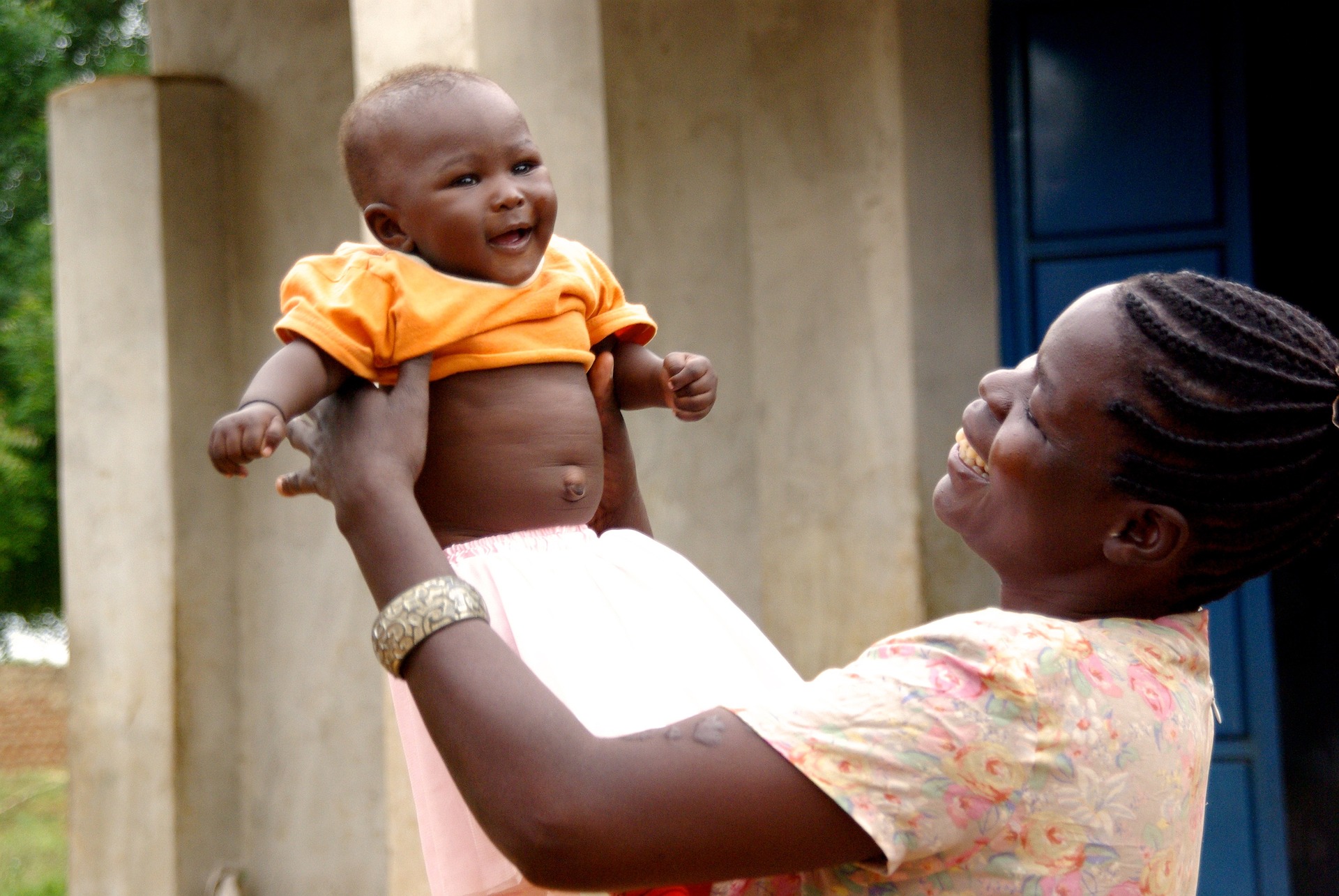
“When I went back to work, I discovered that no resources were available for mothers to breastfeed or express breastmilk while away from their babies,” Lerato said. “It was difficult and has been difficult, but I realized that I was not doing it for myself but to keep the baby healthy.”
The nutritional value of breastmilk was the biggest motivation for Thipi to continue breastfeeding despite being in an environment that did not encourage women to breastfeed optimally.
__________________________________________________________________________________________
Marcia Zali is a South Africa-based freelance journalist specializing in health and science reporting.
